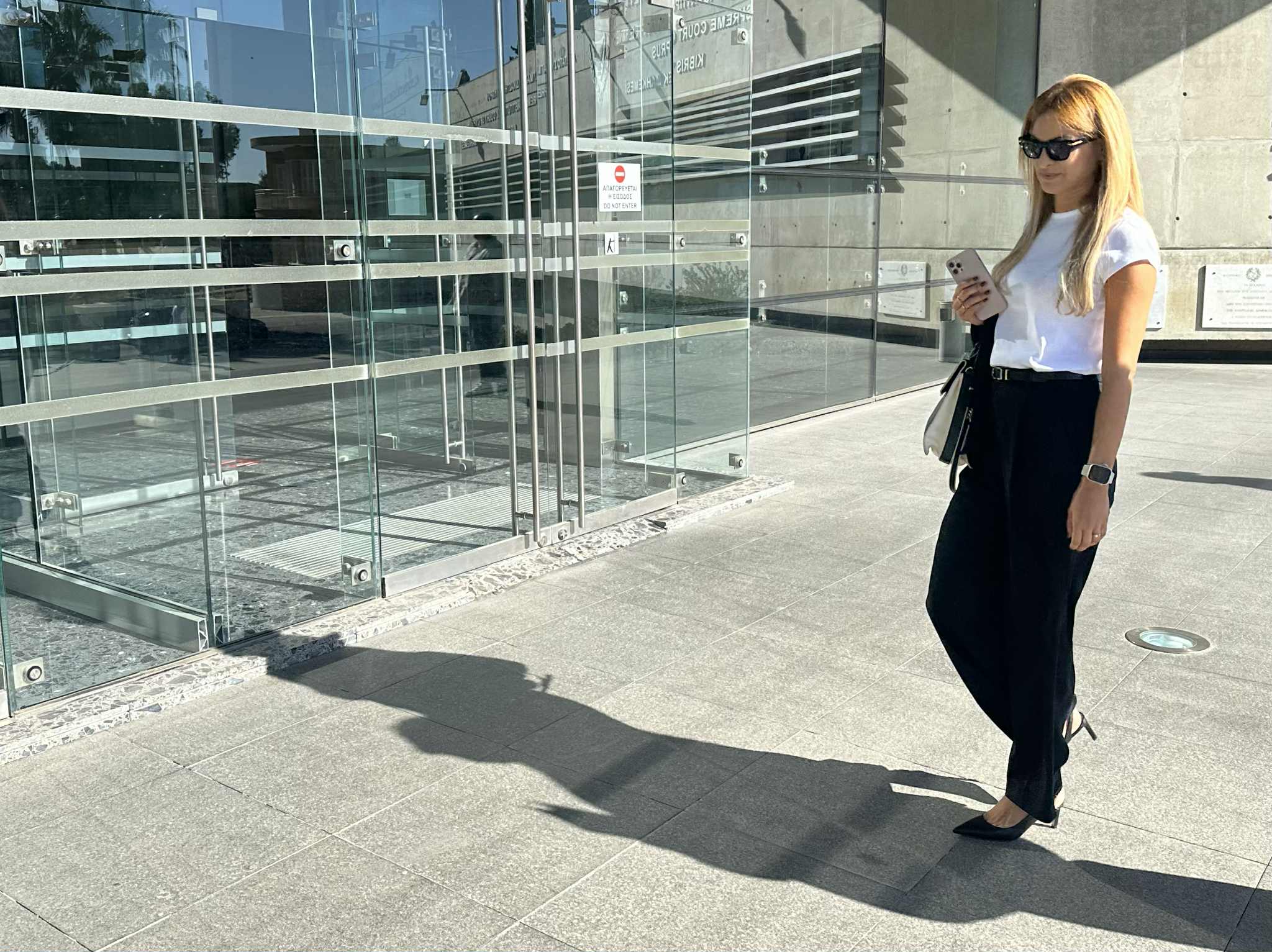The supreme constitutional court on Monday rejected dismissed judge Doria Varoshiotou’s request that her dismissal from the judiciary be referred to the Court of Justice of the European Union (CJEU).
The court said that it “was not established at this stage that … a decision by the CJEU would be necessary for the issue of a decision by the court”.
Previously, Varoshiotou’s lawyer Achilleas Demetriades had argued that the case should be adjudicated at the CJEU in Luxembourg as there are no domestic laws in Cyprus regulating the dismissal of judges who were serving probation periods.
On this, he had added that the CJEU’s position to ensure that EU law is interpreted and applied uniformly across the bloc and argued that since Cyprus joined the EU in 2004, judges in Cyprus are considered to be EU judges and courts in Cyprus are “decentralised courts of the EU”.
The other side of the case had acknowledged that the discontinuation of judges on probation is done in an ad hoc fashion in Cyprus, but that this is based on a “longstanding practice”.
Demetriades had said at a previous hearing that if the request for the case to be referred to the CJEU would be rejected, his next step would be to refer the matter to the European Court of Human Rights (ECtHR) in Strasbourg, arguing that the trial in Cyprus was unfair.
The ECtHR is not attached in any way to the EU and is instead a part of the Council of Europe. Unlike the CJEU, its decisions are not binding on national governments.
The next hearing in Cyprus in Varoshiotou’s case will take place on October 22.
The supreme judicial council had in July decided to not offer Varoshiotou a permanent position within the judiciary following the conclusion of a two-year probationary period.
She was the only one of 11 judges under probation whose position was discontinued, with seven being offered permanent appointments and three being given further probation.
Varoshiotou had last year ruled that conscript Thanasis Nicolaou, who died in 2005, had been strangled to death,19 years after his death had been ruled a suicide and following a long campaign to have that ruling overturned by his mother Andriana Nicolaou.
That ruling prompted a wave of appeals from former state pathologist Panicos Stavrianos.
While those appeals were unsuccessful, the Supreme Court found in February that Varoshiotou had made a “legal error” in not allowing Stavrianos to testify during the case.
Despite this, the Supreme Court also found that it would “not serve any purpose” to annul Varoshiotou’s decision “for reasons of public interest and justice”.
President Nikos Christodoulides in August demanded “public explanations” over the reasons for Varoshiotou’s dismissal.
“I fully understand the social reaction and the feeling created in society. It is extremely important that those who took this decision, and it was not the executive power, explain publicly why they took it. I repeat, I understand the reactions from society,” Christodoulides said.
Meanwhile, Andriana Nicolaou described the decision to relieve Varoshiotou of her duties as “unacceptable” describing her as “a worthy and incorruptible judge”.






Click here to change your cookie preferences